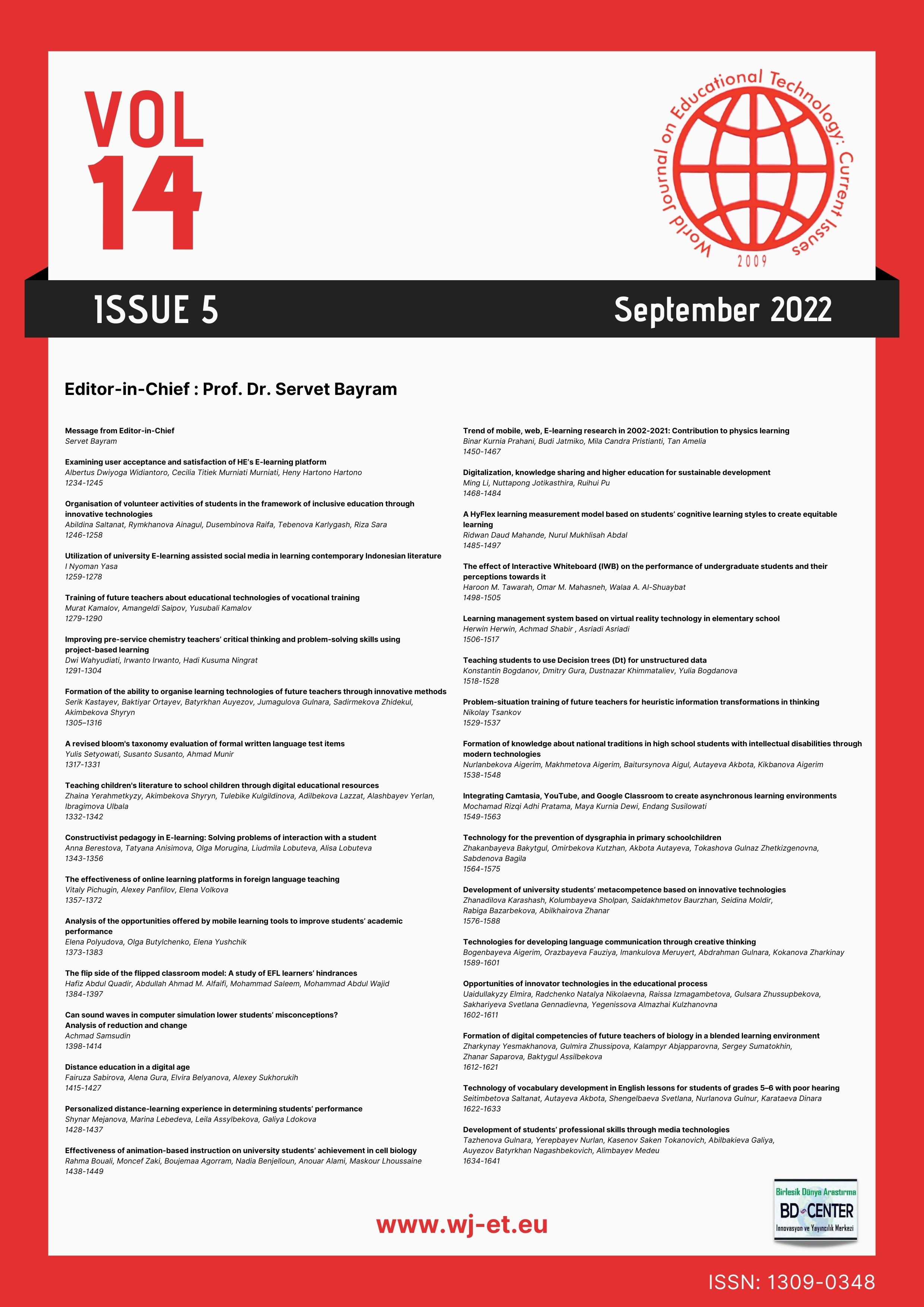Utilization of university E-learning assisted social media in learning contemporary Indonesian literature
Main Article Content
Abstract
This study aims to describe (1) the use of university e-learning assisted social media in learning contemporary Indonesian literature during the Covid-19 pandemic and (2) students' understanding of contemporary Indonesian literature taken from the source of university e-learning assisted social media. This research is a qualitative descriptive study. The subjects of this study were the lecturer and third semester students in the Indonesian Language and Literature Education Study Program, Faculty of Language and Arts, Universitas Pendidikan Ganesha. This research used observation, documentation, and semi-structured interview techniques. The data analysis technique used the Miles and Hubermans analysis technique. The results showed that the implementation of contemporary Indonesian literature learning utilizing literary works which sources were from university e-learning assisted social media had the TPACK principle and the students had good skills in analyzing the structure, themes, and social problems in literature.
Keywords: Social Media; Literature Learning; E-learning; Covid-19
Downloads
Article Details

This work is licensed under a Creative Commons Attribution 4.0 International License.
World Journal on Educational Technology: Current Issues is an Open Access Journal. The copyright holder is the author/s. Licensee Birlesik Dunya Yenilik Arastirma ve Yayincilik Merkezi, North Nicosia, Cyprus. All articles can be downloaded free of charge. Articles published in the Journal are Open-Access articles distributed under CC-BY license [Attribution 4.0 International (CC BY 4.0)].
Birlesik Dunya Yenilik Arastirma ve Yayincilik Merkezi (BD-Center)is a gold open-access publisher. At the point of publication, all articles from our portfolio of journals are immediately and permanently accessible online free of charge. BD-Center articles are published under the CC-BY license [Attribution 4.0 International (CC BY 4.0)], which permits unrestricted use, distribution, and reproduction in any medium, provided the original authors and the source are credited.
